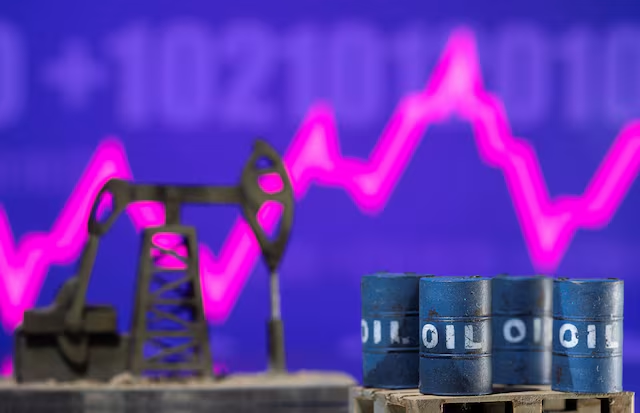Iran plays a vital role in the global oil market due to its location and large reserves. But recent tensions have shaken the oil sector. Despite concerns, oil prices dropped again after Iran reportedly attacked a U.S. base. Surprisingly, global stock markets are showing strength in response.
Iran produced around 4,700 million barrels of crude oil and natural gas daily last year, making it the sixth-largest oil producer in the world. The United States remains the largest producer, generating close to 23,000 million barrels daily.
Due to ongoing instability, especially in the Strait of Hormuz, countries are now looking for new routes to transport oil. The Strait of Hormuz is one of the most important oil transport paths, and any disruption here can impact global supply. As an alternative, nations are reviewing other routes like the Strait of Malacca, the Suez Canal, and the SUMED pipeline in Egypt. In 2023, the Strait of Malacca alone handled about 24 million barrels of oil per day.
Other possible routes include the Cape of Good Hope and the Bab el-Mandeb Strait. These are now being considered more seriously due to the strategic risks near Iran.
Despite these challenges and the drop in oil prices, global stock markets are on the rise. Stock exchanges in Asia, the Middle East, Europe, and the United States have all seen gains. Indexes like the S&P 500, Dow Jones, and NASDAQ Composite went up by about 1 percent. Companies involved in the energy sector, including oil and gas firms, saw their share prices increase.
Israeli stocks also gained in value, showing that regional instability has not yet shaken investor confidence across all markets.
However, Iran’s own stock market is experiencing a downward trend. This could be due to concerns about domestic economic conditions and fears of more sanctions or military responses. While international investors seem hopeful, the mood inside Iran remains uncertain.
The contrasting trends between oil prices and stock values show how markets are adapting. Investors are likely betting on long-term stability and the strength of infrastructure in global markets. It also shows trust in global systems that manage oil flows, even during conflict.
Many experts suggest that the global energy market is becoming more flexible. With alternative routes and better supply chain management, disruptions in one region can be balanced by actions in another. This flexibility helps limit panic and supports market confidence.
At the same time, the search for stable oil routes is expected to continue. Nations are likely to invest more in maritime security and infrastructure to avoid over-dependence on any single path, like the Strait of Hormuz.
As oil prices drop, some energy companies may face short-term losses. But investors are placing their trust in long-term strategies, diversification, and innovation within the sector.
Overall, the global stock market rise is a sign that economic systems are growing stronger and more adaptable, even amid geopolitical tension.







